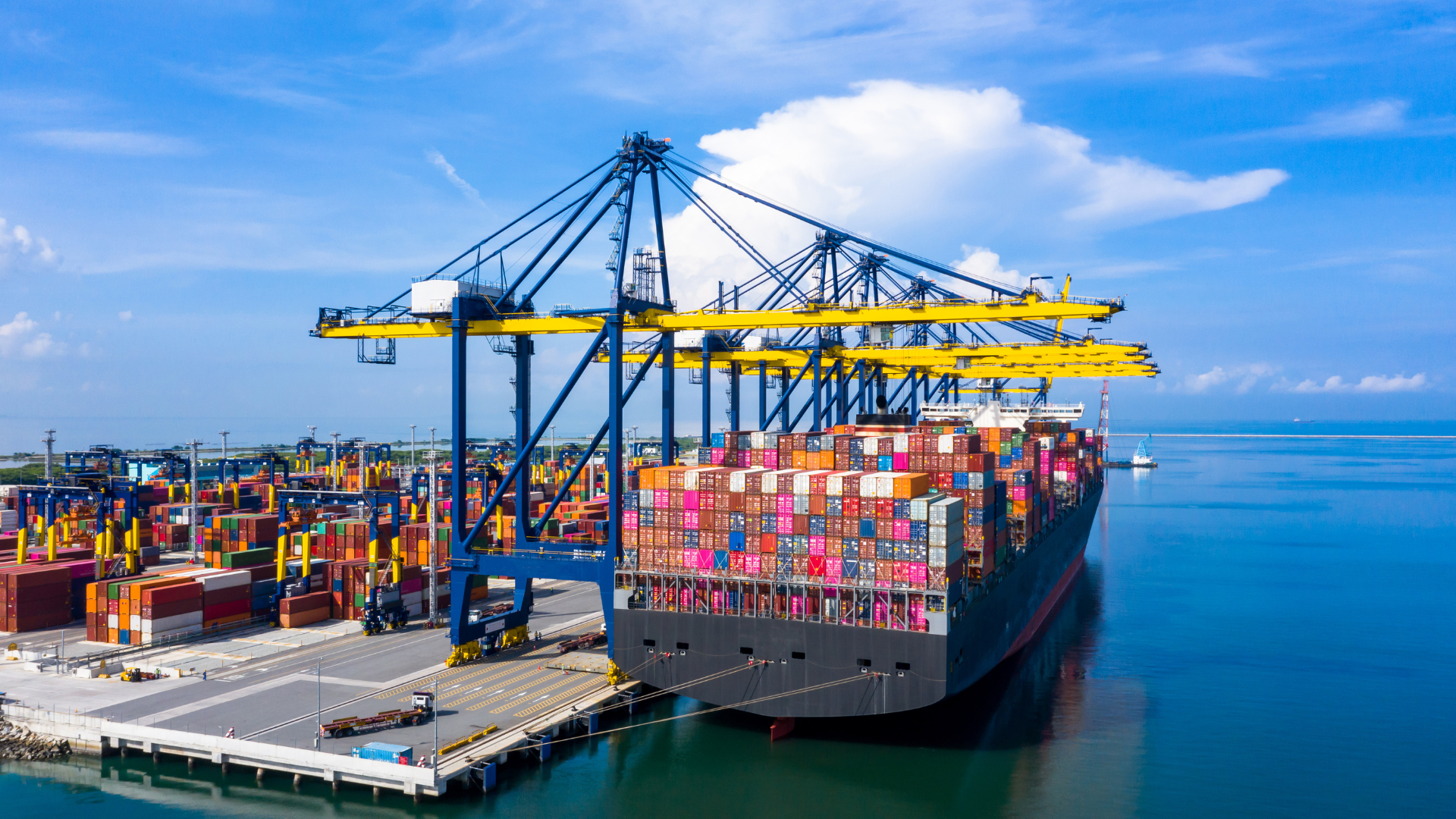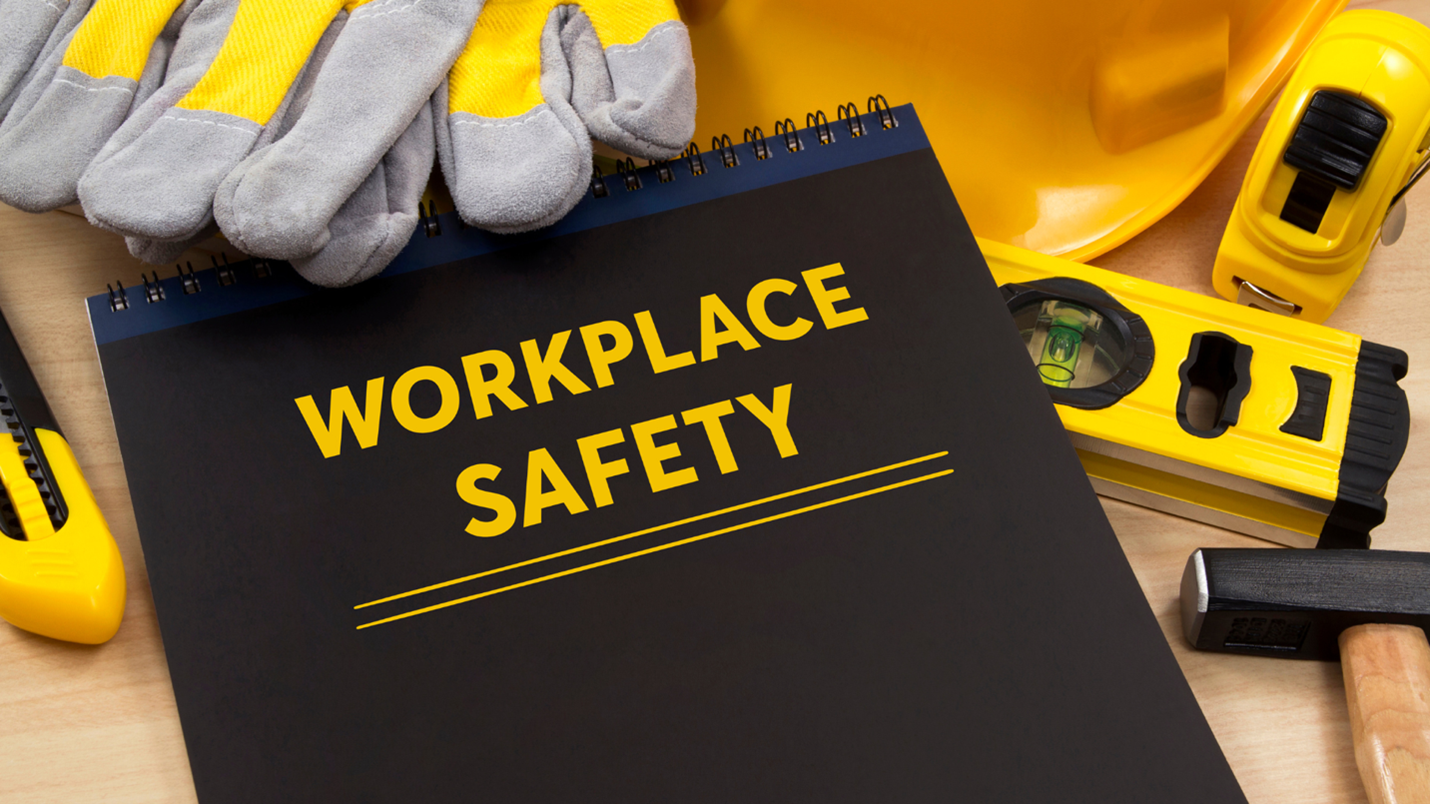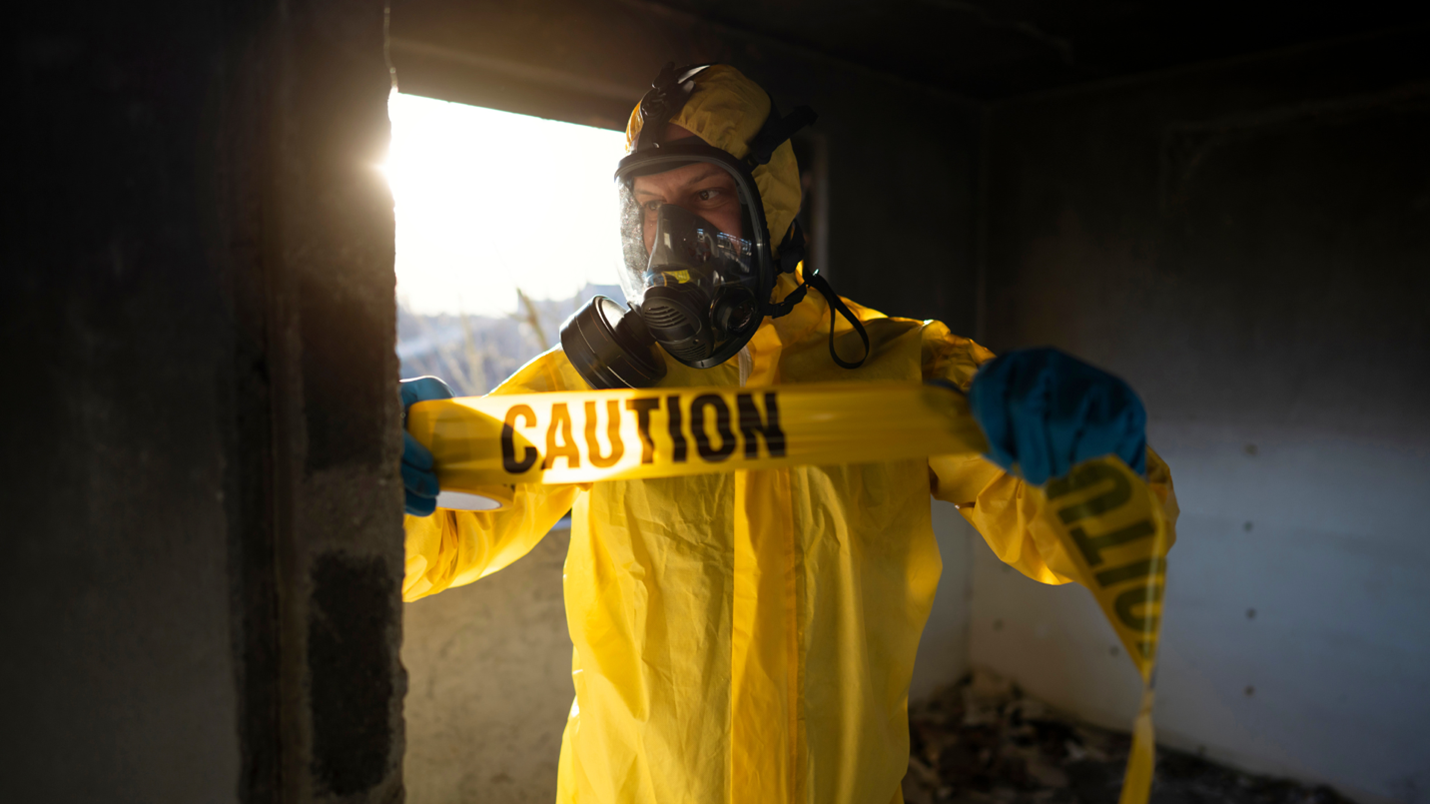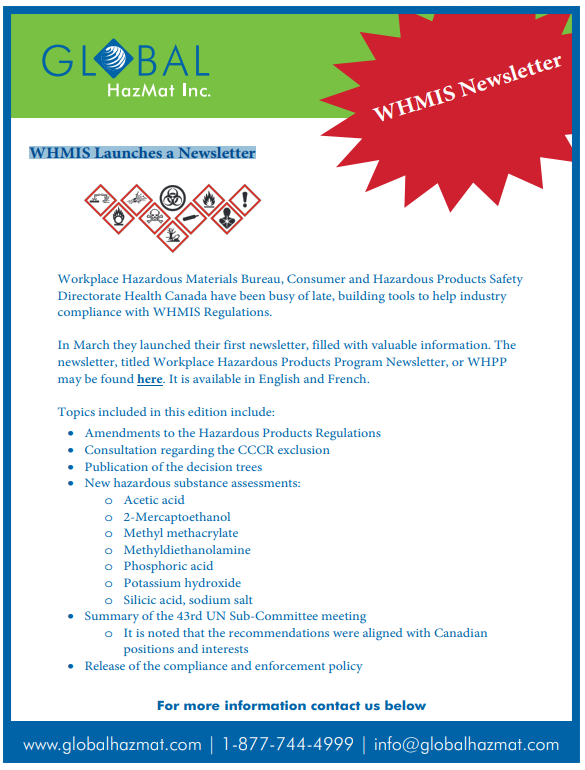News Blogs
-

Strengthening Security Measures for Rail Transportation of Dangerous Goods
The rail transportation of dangerous goods is a crucial component of the global supply chain, facilitating the movement of essential materials for industries ranging from chemicals and fuels to agriculture and manufacturing. However, transporting hazardous goods carries innate risks, including potential accidents, leaks, or incidents that could harm the environment, public safety, and the economy. […]... Learn more
-

Why are Emergency Response Assistance Plans (ERAPs) so Important?
Emergency Response Assistance Plans (ERAPs) are comprehensive, pre-established strategies designed to address potential accidents or incidents involving the transportation of dangerous goods. These plans are critical to ensuring the safety of communities, the environment, and emergency responders. This blog will explore why ERAPs are essential and how they are crucial in managing and mitigating the […]... Learn more
-

What Steps Must a Merchant or Shipper Follow When Shipping Dangerous Goods?
The transportation of dangerous goods is a highly regulated and critical part of modern logistics. Whether it’s chemicals, flammable materials, or dangerous substances, ensuring the safe shipment of these goods is paramount to protect public safety, the environment, and the integrity of the supply chain. The first step when shipping dangerous goods is correctly classifying […]... Learn more
-
CVSA Hazmat Inspection Blitz Nets 2,578 Violations
The Commercial Vehicle Safety Alliance (CVSA) conducted an Unannounced Five-Day Inspection and Enforcement Initiative and inspected 7,572 commercial motor vehicles transporting hazardous materials/dangerous goods (HM/DG) in Canada and the U.S. A total of 8,395 packages were inspected, and inspectors discovered 2,578 HM/DG violations, of which 701 were HM/DG out-of-service (OOS) violations. This year marked a substantial […]... Learn more
-

USDOT Issues New Hazmat Safety Advisory to Major Freight Railroads to Help Prevent Derailments
At Global Hazmat, our top priority is safely transporting dangerous goods. We understand the ever-evolving nature of regulations and the importance of staying informed. That’s why we are committed to keeping our customers up to date with all changes that pertain to the safe transportation of dangerous goods. With our comprehensive knowledge and expertise, you […]... Learn more
-

All You Need to Know About IATA Dangerous Goods Regulations 64th Edition Addendum II
Are you involved in shipping dangerous goods by air? If so, you’ll want to stay informed about the industry’s leading standard: the IATA Dangerous Goods Regulations (DGR) manual. Recognized as the global reference and the go-to resource for airlines, the IATA DGR is the ultimate authority for shipping hazardous materials via air transportation. With a […]... Learn more
-

A Comprehensive Guide to OSHA’s Enhanced Workplace Safety Plan in 2023
The Occupational Safety and Health Administration (OSHA) is a federal agency dedicated to ensuring safe and healthy working conditions for employees throughout the United States. In January 2023, OSHA announced an ambitious new plan to address workplace safety, including various key initiatives to reduce injuries and fatalities. OSHA’s New Plan for Workplace Safety in 2023 […]... Learn more
-

3 Tips to Prevent Chemical Workplace Accidents in 2023
Maintaining a safe workplace environment is critical for preventing employee injuries and promoting overall well-being, whether working in an office, laboratory, or any other commercial space. It is essential to prioritize preventive safety measures that protect employees physically, emotionally, and mentally. Below are three key safety precautions to consider for your workplace: Familiarize Yourself with […]... Learn more
-

What is the Cause of Battery Fires in E-Bikes and Scooters?
In recent years, e-bikes and e-scooters have gained popularity as convenient and eco-friendly modes of transportation. However, as with any technology, it’s important to understand the potential risks, particularly the risk of fires caused by lithium-ion batteries and take necessary safety precautions. In this blog, we’ll delve into the world of e-bikes and discuss their […]... Learn more
-

WHMIS Launches a Newsletter
Workplace Hazardous Materials Bureau, Consumer and Hazardous Products Safety Directorate Health Canada have been busy of late, building tools to help industry compliance with WHMIS Regulations. In March they launched their first newsletter, filled with valuable information. The newsletter, titled Workplace Hazardous Products Program Newsletter, or WHPP may be found here. It is available in […]... Learn more
